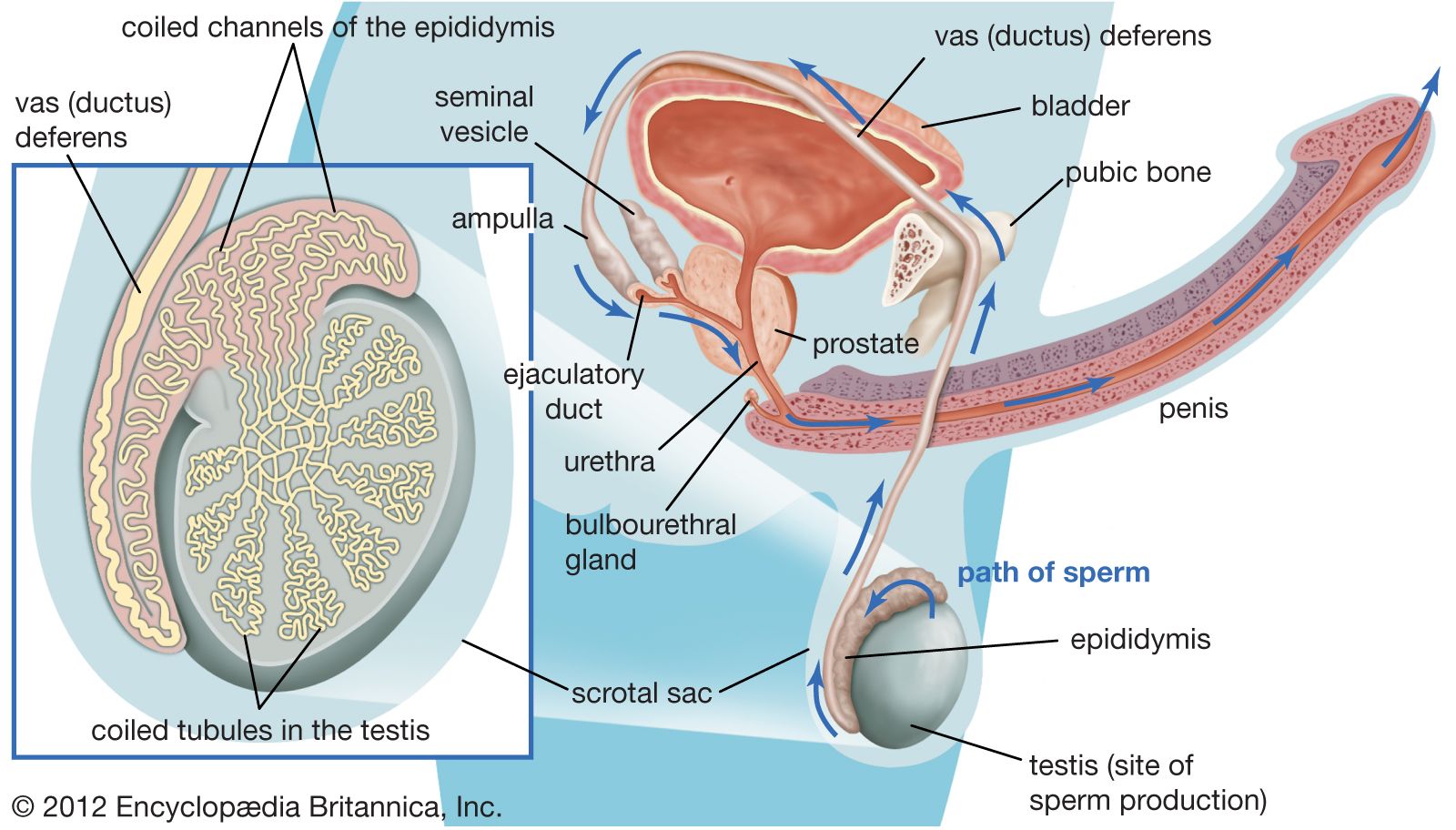Navigating Premature Ejaculation: Unraveling Causes and Pursuing Effective Solutions

Premature ejaculation (PE) stands as a prevalent challenge in men's sexual health, impacting many individuals at various stages of their lives. It occurs when a man reaches climax sooner than desired during sexual activity, often causing distress and affecting intimate relationships. Delving into the underlying causes and available treatments can pave the way toward understanding and managing this condition effectively.
Unpacking the Causes of Premature Ejaculation
While the exact mechanisms triggering premature ejaculation remain elusive, a blend of psychological and biological elements typically comes into play. Here are some potential culprits:
- Psychological Triggers: Emotional strains like anxiety and stress frequently contribute to premature ejaculation. The looming shadow of performance anxiety can set off a detrimental cycle, fueling fear of premature ejaculation, which further amplifies stress levels.
- Biological Influences: Various medical conditions, including hormonal imbalances, prostate or urethral inflammation, and genetic predispositions, can be implicated in premature ejaculation.
- Lifestyle Choices: Unhealthy habits such as excessive alcohol consumption, substance abuse, and sedentary lifestyles can also exacerbate the issue.
Diagnosing Premature Ejaculation: A Comprehensive Approach
Accurate diagnosis of premature ejaculation involves a holistic assessment encompassing medical history, physical examinations, and occasionally specialized tests to exclude other medical conditions. Engaging in open discussions about sexual history, relational dynamics, and current medication regimens with a healthcare provider is crucial for pinpointing the root causes.
Exploring Treatment Avenues
Fortunately, a range of effective treatments is available to address premature ejaculation, tailored to individual needs and causative factors:
- Behavioral Interventions: Techniques like the start-stop method and the squeeze technique empower individuals to gain better command over ejaculation by honing their ability to recognize and modulate pre-orgasmic sensations.
- Pharmacological Solutions: Topical anesthetics and selective serotonin reuptake inhibitors (SSRIs) stand out as pharmacological options that can extend the time to ejaculation. These agents either desensitize the penis or modify neurotransmitter activity in the brain to delay orgasm.
- Counseling and Therapy: Psychological interventions, such as cognitive-behavioral therapy (CBT) and sex therapy, offer valuable insights into managing performance anxiety and enhancing sexual confidence.
- Adopting Healthier Habits: Embracing a healthier lifestyle—characterized by reduced alcohol consumption, smoking cessation, and regular physical activity—can also foster improved sexual performance and overall well-being.
When to Seek Professional Guidance
Persistent or recurrent episodes of premature ejaculation warrant prompt medical attention. While sporadic instances are not uncommon and often resolve spontaneously, chronic challenges can significantly impact quality of life and relational harmony.
Conclusion
Premature ejaculation remains a prevalent concern in men’s sexual health, influenced by a complex interplay of psychological, biological, and lifestyle factors. However, numerous effective treatments, ranging from behavioral techniques to pharmacological interventions and counseling, offer promising avenues for managing and overcoming this condition. By gaining a deeper understanding of its causes and available treatment options, individuals can embark on a proactive journey toward improved sexual health and enhanced well-being. Seeking timely professional guidance is pivotal for tailoring an effective treatment strategy tailored to individual needs and circumstances.
